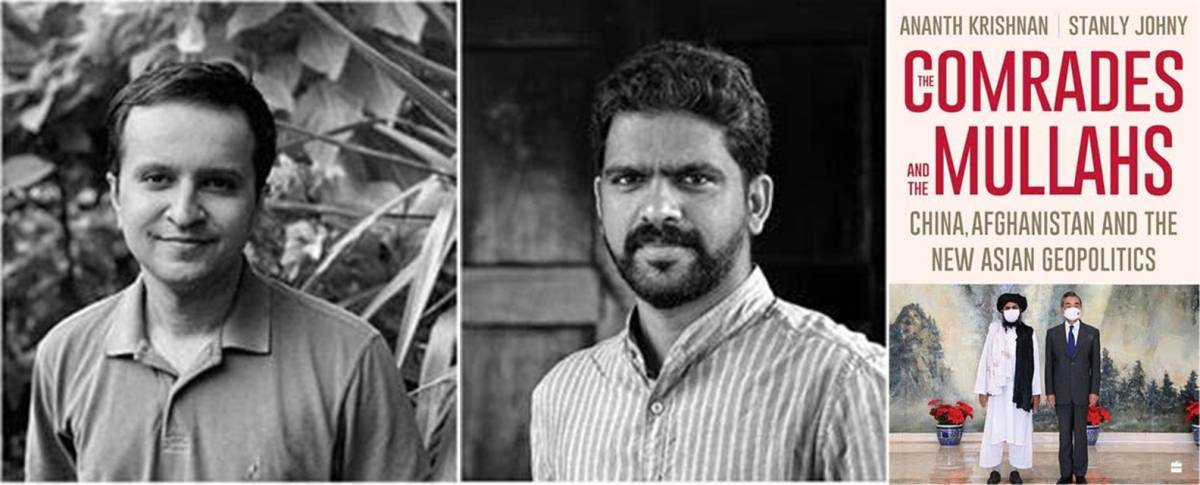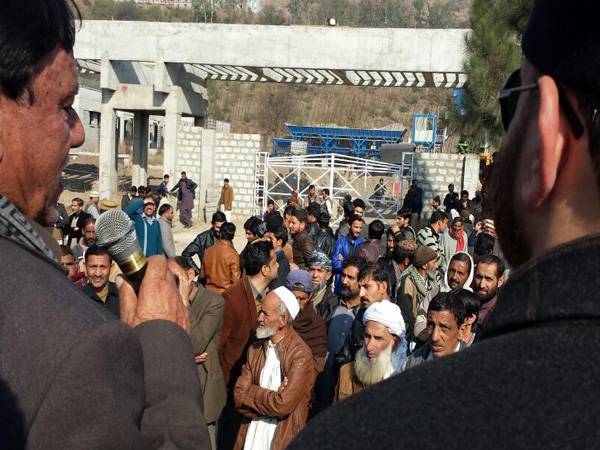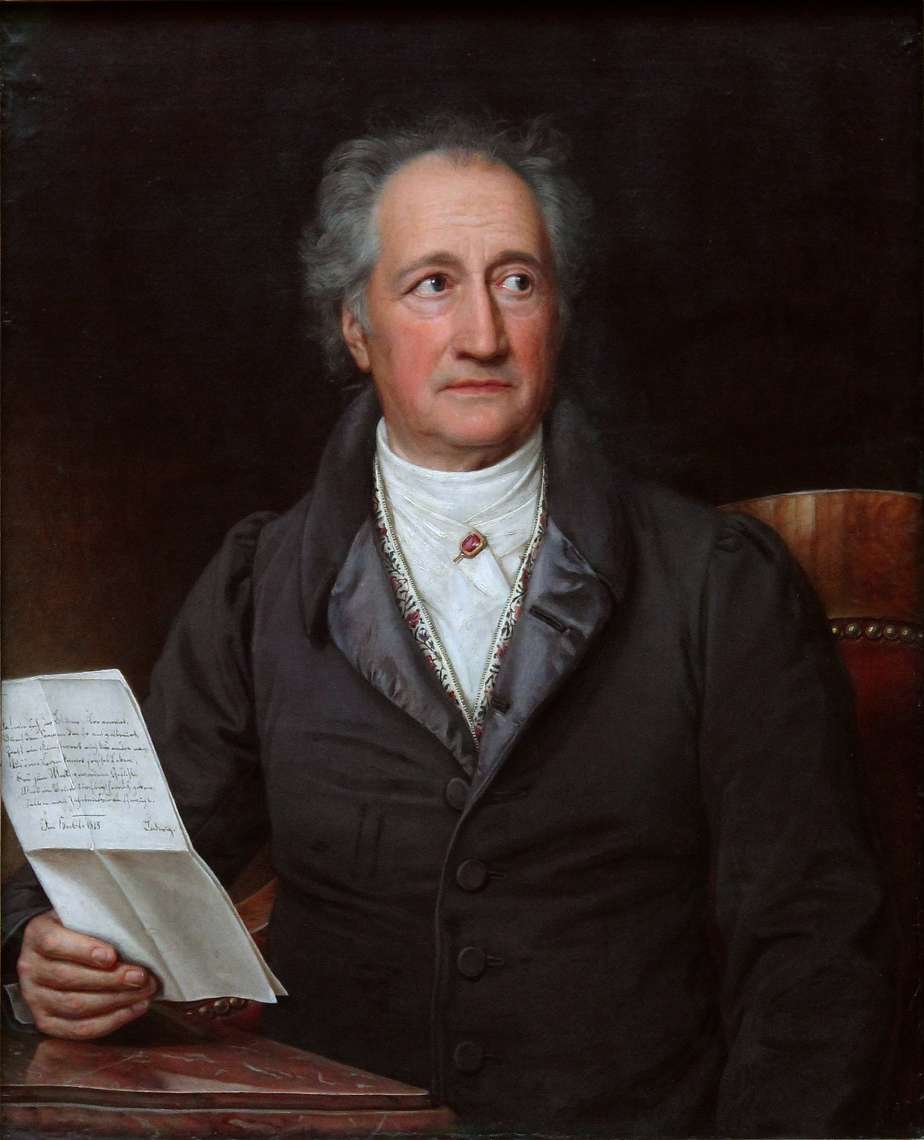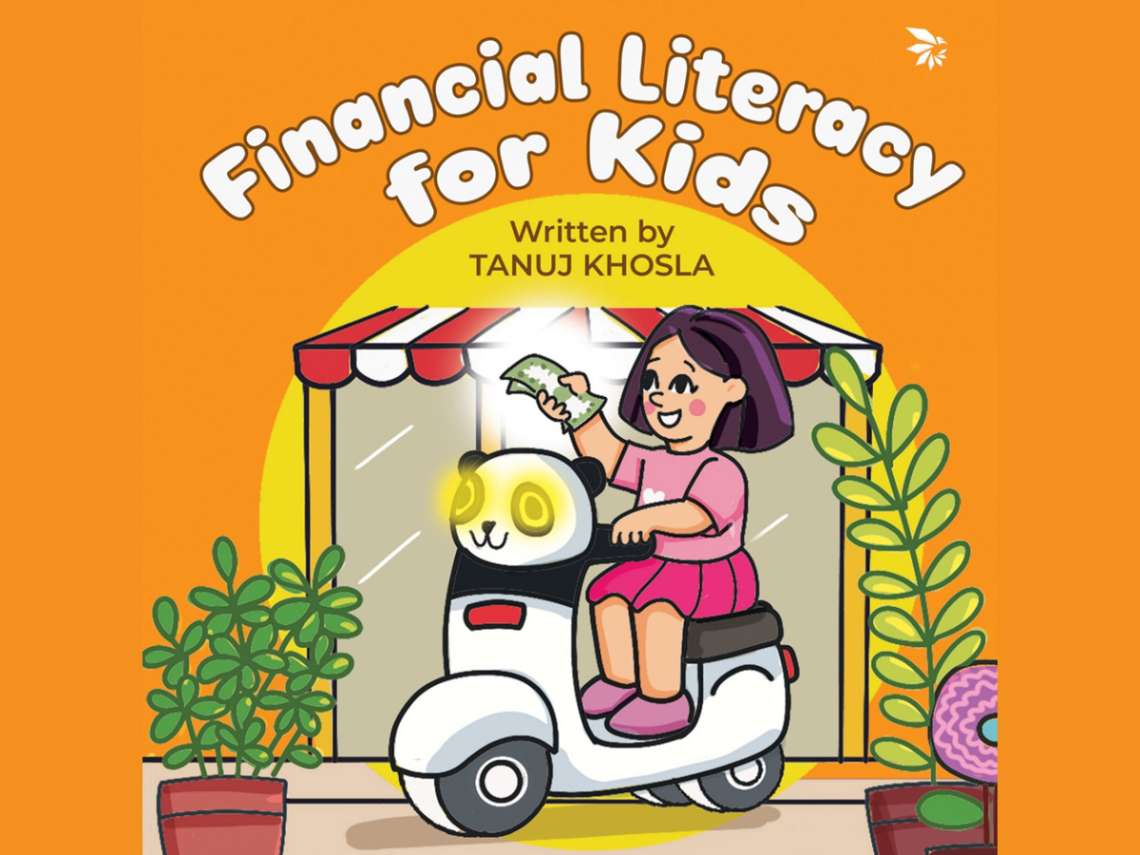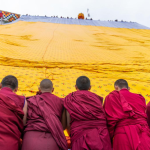Co-author Stanly Johny notes that the American withdrawal from Afghanistan, after 20 years of war, was one of the defining moments of Asian geopolitics in the 21st century…reports Asian Lite News
This is possibly the first book to look at China’s growing role in India’s neighbourhood via its engagement with the Taliban in Afghanistan, and what it means for India.
The withdrawal of the US from Afghanistan has left a lasting impact on both Afghanistan’s future and on Asian geopolitics. It has also brought China into focus. Tracing the emergence of China as a key player in Afghanistan and the evolution of China’s Afghan policy especially with respect to its relations with the Taliban the book says that Beijing’s dominant role in Afghanistan’s future is a potentially game-changing development in Asian geopolitics, even if questions remain about the former’s appetite to step in to fill the void and the limits of its ambitions.
In “The Comrades And The Mullahs” (HarperCollins), Ananth Krishnan and Stanly Johny examine what Beijing’s interests are and the drivers of its foreign policy, and, more specifically, how its new Silk Road project – the Belt and Road Initiative – is shaping China Afghan relations.
They look at how Afghanistan has emerged as a key point on the corridor heading west from Xinjiang, and discuss the Xinjiang factor, drawing on their travels to China’s western frontiers, as well as the internal dynamics that are pushing Beijing’s westward march.
Another factor is the East Turkestan Islamic Movement and the terror groups that are leading to an increasingly securitized approach to China’s western regions and beyond, including possible Chinese plans to deploy special forces along the China-Afghan border areas in the Wakhan corridor and Badakhshan region.
China’s Afghan engagement has also deepened its ‘all- weather’ alliance with Pakistan – with Beijing increasingly leaning on Islamabad, particularly in its outreach to the Taliban and other elements in Afghanistan that have long been supported by the Pakistani state – and is a perennial source of tension between Islamabad and Kabul. The authors show how this increasing closeness is alarming for India, and might have far-reaching consequences, especially in Kashmir.
“China, both as an immediate neighbour of Afghanistan and as a superpower-in-waiting, stands uniquely placed to shape Afghanistan’s future,” says co-author Ananth Krishnan, adding: “Yet curiously, the China-Afghanistan relationship remains little understood.”
“This book, the first to focus on this crucial relationship, helps separate the hype from fact and lifts the veil on how Beijing sees its western neighbour. The US exit brought celebration in Beijing, seen as an example of Western decline. Yet it also brought deep concern on what Taliban rule may mean for the region’s security and stability. China does not want to repeat the mistakes of the West. More than ever, Beijing is willing to insert itself as a power player abroad. This book tries to capture this fascinating and evolving dichotomy,” Krishnan says.
Co-author Stanly Johny notes that the American withdrawal from Afghanistan, after 20 years of war, was one of the defining moments of Asian geopolitics in the 21st century and that the pullback and the Taliban’s return to power in Kabul took place at a time when the global contest between the United States and China was already heating up.
“For Beijing, the withdrawal of the United States from one of its backyard countries is welcome news. But when it’s preparing to chart a new path of engagement with Afghanistan’s new rulers, the biggest challenge before the comrades in Beijing is Afghanistan’s history itself. This book tells the story of both Afghanistan’s complex history and the challenges it offers to China at a time when Asian geopolitics is undergoing a paradigm shift,” Johny adds.
Ananth Krishnan is the China correspondent for The Hindu and is currently based in Hong Kong. In 2019, he was a visiting fellow at Brookings India. He was previously the Beijing-based associate editor at the India Today Group. He has reported from China for close to a decade and his reporting has taken him to all but three of China’s thirty-three provinces and regions. He is the author of “India’s China Challenge” (2020).
Stanly Johny is the international affairs editor with The Hindu. A PhD in international studies from the Centre for West Asian Studies, Jawaharlal Nehru University, he has been writing on international affairs and Indian foreign policy in The Hindu Group publications for nearly a decade. An IVLP (International Visitor Leadership Programme) fellow of the US State Department and an India Australia Youth Dialogue alumnus, he is the author of “The ISIS Caliphate: From Syria to the Doorsteps of India” (2018).
ALSO READ-‘Soul Catcher’ of resilience and grief, magic and violence, love and loss

